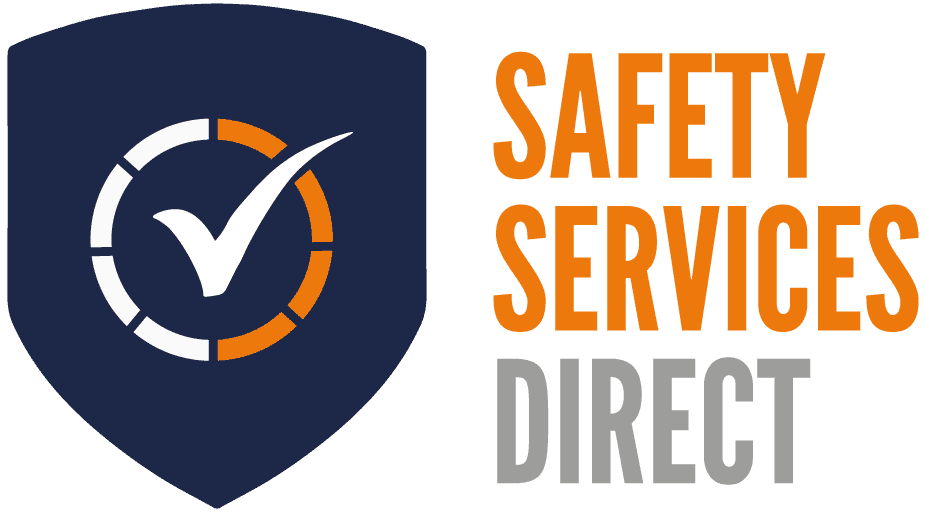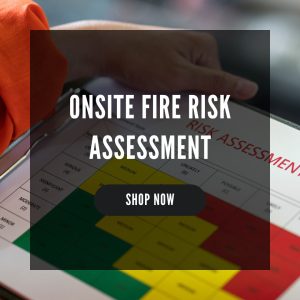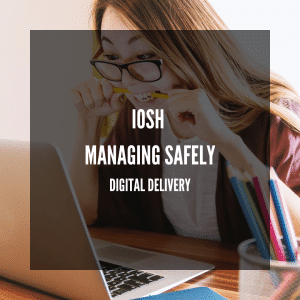The threat of coronavirus extends far beyond just those who are infected by it. It is having a monumental impact on many other areas of our lives and wider society too. For example, it is having a great effect on people who suffer from pre-existing mental health conditions such as anxiety and OCD.
The coronavirus pandemic has bought great uncertainty, instability and a lack of control into people’s lives which is often a trigger for those who suffer from mental health disorders.
Furthermore, most – if not, eventually, all – of us will be forced to work from home, self-isolate or, at the very least, socially distance ourselves which can lead to struggles with mental health, even for those who have never had any issues with it previously.
The next few weeks could be quite lonely and isolating for many, and with the added panic that we are witnessing and the news being filled with reports of people losing jobs, homes, businesses etc. we are sure to see mental health decline during this challenging period.
This blog will explore the various ways in which coronavirus, and any pandemic, can affect one’s mental health, as well as methods we can use to help manage it and maintain some sense of normality.
Be wary of the news and information we consume
If you were to scroll down many of the social media platforms that most of us use daily, you would be inundated with articles and stories on the coronavirus outbreak. Unfortunately, much of this discussion is mere opinion or hearsay – rather than official news. Thus, the information we take in can be inconsistent and confusing. This leads to a lack of clarity and can trigger feelings of anxiety.
One method to prevent this, is to try and limit the amount of news and information that we consume and be mindful of where we get our information from.
This could be limiting the time we spend on social media to only half an hour a day or choosing to only follow certain trusted pages or people.
Alternatively, you could select a certain time in the day to check the news as it shouldn’t be avoided altogether, and it is important to stay informed. However, you can restrict yourself by only checking the news in the evening which is probably the best time of day because you’ll hear more complete updates and reports, rather than having to constantly check for updates as stories unfold throughout the course of the day.
With the heavy flow of information available on social networking sites, it can be hard to avoid the news even if you are trying to. Therefore, working hard to limit the time you spend on these sites is one method to reduce the onset of anxiety, but you can also utilise tools that allow you to mute key words or accounts that might be triggering.
Don’t be excessive
With the main piece of official Government advice being to ensure that we wash our hands (for as long as it takes you to sing Happy Birthday twice over!) – this can unfortunately have a negative and triggering effect on people who suffer from OCD and other forms of anxiety. Being repeatedly told to wash our hands can cause obsessive behaviours to develop for people with OCD.
Lily Bailey, a sufferer from OCD, said that fear of contamination was one aspect of her obsessive-compulsive disorder. The advice to wash her hands frequently has caused a struggle in trying to prevent old obsessions from resurfacing. Bailey said, “I’m sticking to the advice rigidly but it’s hard, considering that for me, soap and sanitiser used to be something comparable to an addiction”.
It’s important that you follow advice from WHO and the NHS to remain safe, but you need to also continue to follow guidance you may have received during treatment or talk to a therapist in order to find methods of dealing with your OCD during a pandemic.
Stay connected
Fortunately, we live in a time where it’s possible to connect with someone on the other side of the world with the tap of a button. Therefore, ensuring you have the right contact details and tools in place that will allow you to connect with your loved ones and friends in times of self-isolation or on lockdown means you can prevent loneliness and opportunities for anxiety and stress.
This will be particularly important for those in high-risk groups who are being asked to, potentially, self-isolate for up to twelve weeks.
Be positive!
With a positive attitude, the forthcoming weeks could be very productive. Despite many challenges and tribulations ahead, such as a lack of human interaction and potential loss of jobs, there are a few positive things that can come out of this situation, and we should always try to look on the bright side.
For example, being able to work from home will save you money on lunch and transport, it will also free up more time at home as you won’t have to commute so you can take on a hobby or complete those tasks that you have been avoiding for months.
Self-isolation means that you are forced to switch off from outside distractions and spend more time with yourself and your loved ones – it could be used as a bonding opportunity or time for self-reflection.
By trying to list the positives that you could get from this experience, it will give your mind something good to focus on instead of being bogged down by the negative thoughts and feelings that are often attached to a pandemic.
Stay active
Where possible, one should also ensure they remain active as this will release endorphins associated with feelings of happiness. Though this may be hard in instances where you don’t have a garden or outdoor space, there are still a range of floor exercises, such as yoga and meditation, that can be done indoors.
Even whilst practising social distancing, you can still go for a walk or run in a park to get some regular exercise and fresh air, and if you do have a garden, now could be the perfect time to take up gardening.
Furthermore, with the world at our fingertips there are a range of Online Courses that you can take to keep you occupied.
If you, or your employees, are beginning to struggle to cope, then Safety Services Direct is here to help. Your Health and Safety – including your mental health – is our top priority. That’s why we offer a range of training courses that will help during these hard and peculiar times.
For example, our Mental Health Awareness course will stress the importance of ensuring that mental health is cared for and our Mindfulness Course introduces users to different techniques, such as meditation, which can reduce anxiety and help develop a sense of calm.
You can see a short summary as well as a link to some of our Mental Health Courses below.
- Educate your employees on the importance of managing their own mental health
- Informs employees on different types of mental illness
- Educates employees on how they can help others with mental illness
- Explains the importance of Time Management in the workplace
- Provides techniques to ensure employees can efficiently tackle tasks both at work & at home
- Outlines different types of time wasters in the workplace and how to combat them
- Describes informal mindfulness techniques such as meditation and yoga
- Introduces users to common mindfulness meditations
- Explains how to reduce stress using mindfulness techniques
- Highlights common causes of stress in the workplace
- Equips users with techniques for managing stress as well as tips for identifying stress in yourself and others










